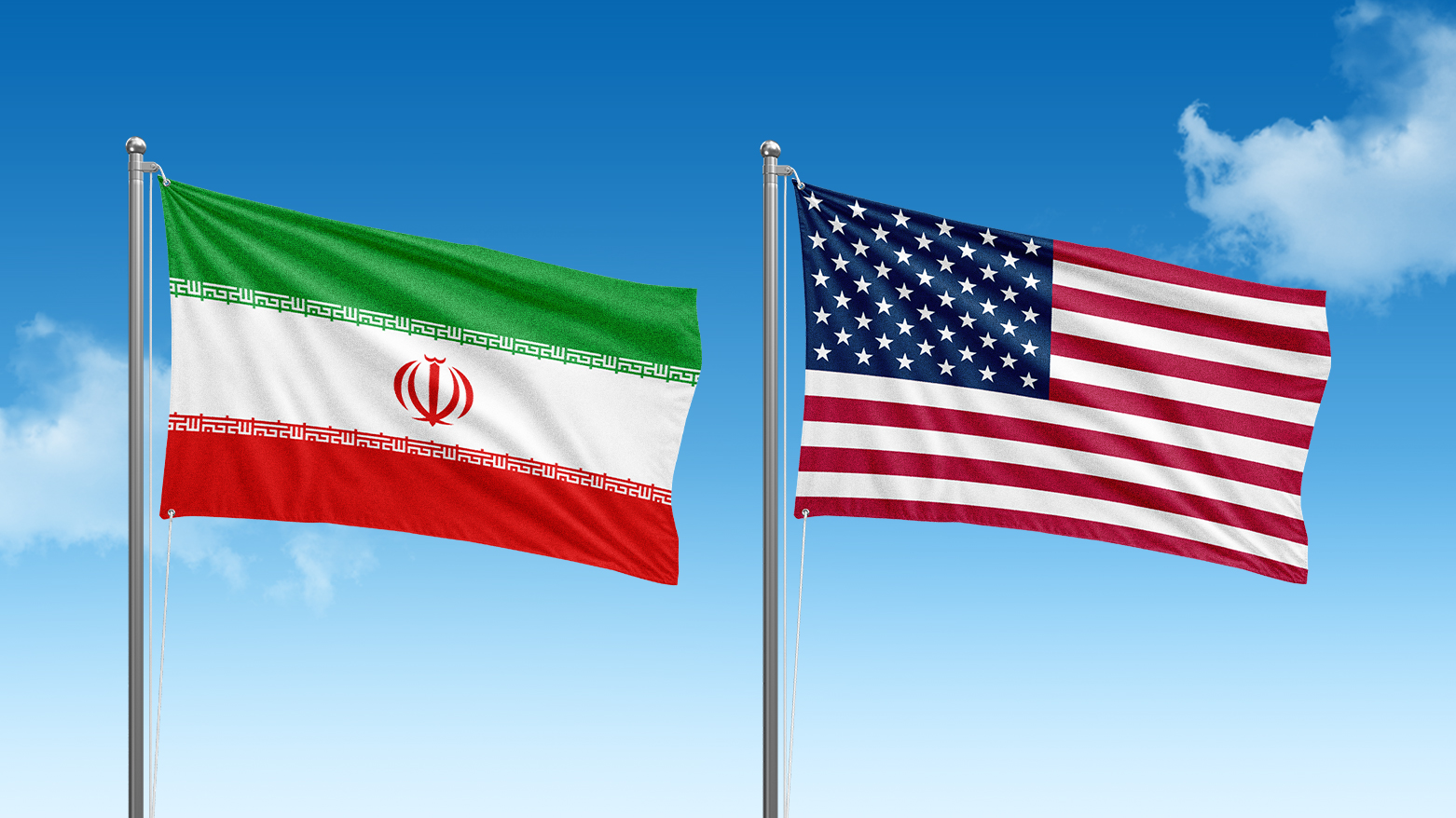Iran Condemns New US Sanctions as "Economic Terrorism" Ahead of Nuclear Talks
The sanctions come just ahead of the fourth round of Iran-US talks scheduled for Saturday in Rome.

ERBIL (Kurdistan24) — Iran on Thursday fiercely denounced a new wave of US sanctions targeting its oil sector, labeling the move as “economic terrorism” just days before high-stakes nuclear negotiations are set to resume between the two adversaries. The condemnation comes as tensions continue to simmer between Tehran and Washington over Iran’s nuclear ambitions and regional influence.
According to Agence France-Presse (AFP), the United States on Wednesday announced sanctions against seven companies involved in the sale of Iranian oil. Among them, four firms are based in the United Arab Emirates and one in Turkey. The sanctions are part of a broader strategy to curb Tehran’s ability to finance what the US describes as destabilizing regional activities.
US Secretary of State Marco Rubio said in a statement, “So long as Iran attempts to generate oil and petrochemical revenues to fund its destabilizing activities, and support its terrorist activities and proxies, the United States will take steps to hold both Iran and all its partners engaged in sanctions evasion accountable.”
The sanctions come just ahead of the fourth round of Iran-US talks scheduled for Saturday in Rome, where Tehran is expected to seek relief from sanctions in exchange for limitations on its nuclear program.
Iran’s Foreign Ministry spokesperson Esmaeil Baqaei slammed the sanctions, stating they were “clear evidence of the contradictory approach of American decision-makers and their lack of goodwill and seriousness in advancing the path of diplomacy.” He further criticized Washington’s efforts to undermine “friendly and legal relations between developing countries” through what he termed economic coercion.
Since returning to the White House in January, US President Donald Trump has revived his “maximum pressure” campaign against Iran, echoing the policies of his first term. Despite adopting a hardline stance, Trump has simultaneously called for renewed dialogue. In March, he sent a letter to Iran’s Supreme Leader, Ayatollah Ali Khamenei, urging negotiations and warning of potential military consequences if Iran rebuffed diplomatic overtures.
During his previous term, Trump withdrew the US from the landmark 2015 nuclear deal — formally known as the Joint Comprehensive Plan of Action (JCPOA) — which had provided Iran with sanctions relief in exchange for strict limits on its nuclear activities. The withdrawal and subsequent sanctions prompted Iran to reduce its compliance with the agreement, escalating fears of a renewed nuclear crisis.
As Tehran and Washington prepare for another diplomatic round in Rome, observers remain skeptical about whether the latest developments will strengthen or derail the fragile path toward resolving one of the world’s most volatile geopolitical disputes.
